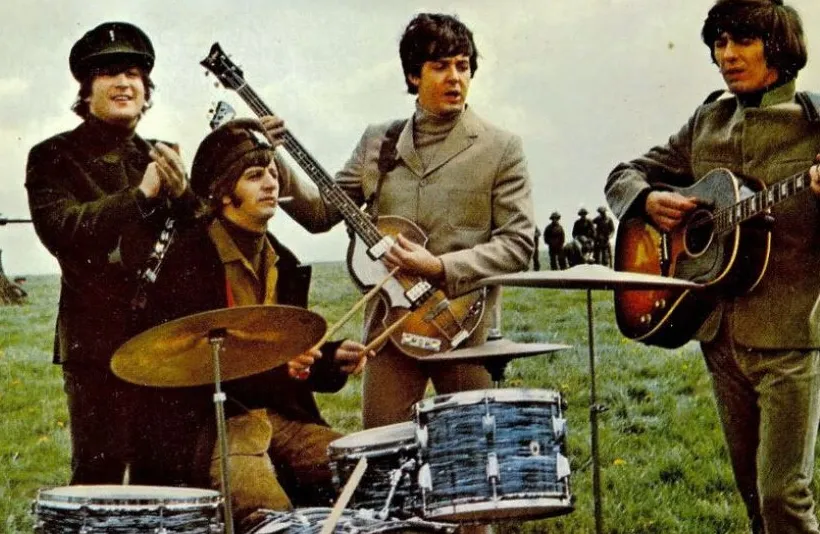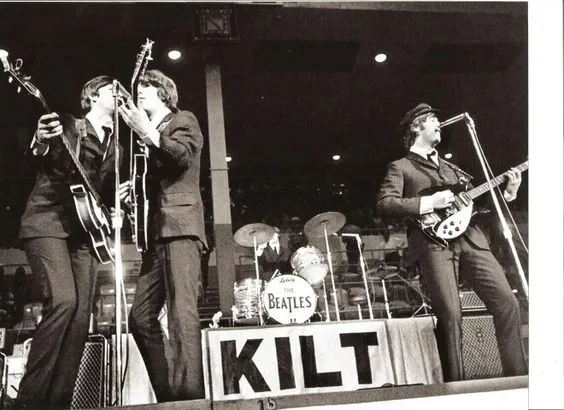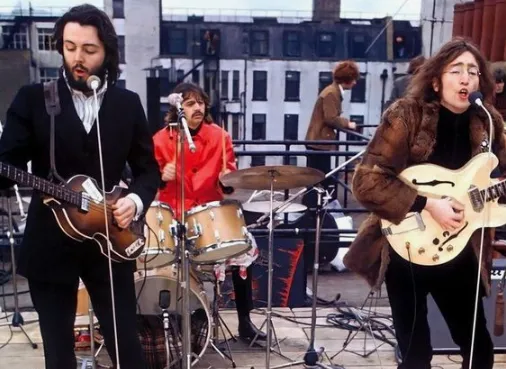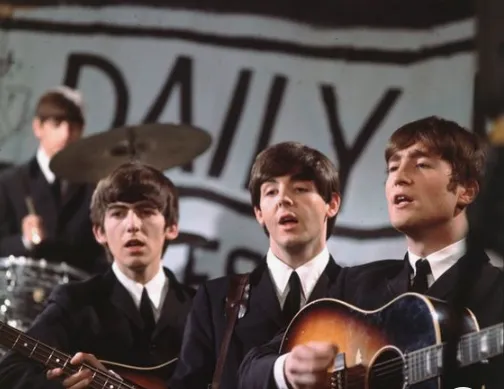About the song
(Watch the video below)
"The Fool on the Hill" by The Beatles stands as a poignant testament to the band's ability to merge intricate melodies with profound lyricism. Released in 1967 as part of their seminal album, "Magical Mystery Tour," the song remains a beloved piece in the Beatles' repertoire, celebrated for its enigmatic storytelling and evocative imagery. Composed primarily by Paul McCartney, "The Fool on the Hill" transcends its simple musical structure to become a meditation on the nature of perception, isolation, and the human condition.
At its core, "The Fool on the Hill" presents a character who exists on the fringes of society, observing the world from a distant vantage point atop a hill. The titular "fool" is not portrayed as a figure of ridicule but rather as a mysterious, enigmatic individual whose wisdom is often overlooked or misunderstood. McCartney's lyrics paint a vivid portrait of this solitary figure, weaving together themes of introspection and the quest for deeper understanding.

The song's opening lines immediately set the tone for its introspective exploration: "Day after day, alone on a hill / The man with the foolish grin is keeping perfectly still." Through these words, McCartney invites listeners into the world of the titular character, whose serene demeanor belies the complexities of his inner thoughts and emotions. The imagery of the solitary figure gazing out over the landscape evokes a sense of isolation and detachment, yet there is also a quiet resilience in his refusal to conform to societal norms.
As the song progresses, McCartney delves deeper into the psyche of the fool, exploring the disconnect between appearance and reality. He sings of how the fool's wisdom is dismissed by those who pass by, their laughter serving as a stark reminder of the superficiality of human interactions. Yet, despite the ridicule he faces, the fool remains steadfast in his convictions, embracing his outsider status with a sense of quiet dignity.
Musically, "The Fool on the Hill" is equally compelling, with its gentle acoustic guitar accompaniment and haunting flute melodies adding to the song's ethereal atmosphere. The use of unconventional instruments, such as the recorder and Mellotron, further enhances the dreamlike quality of the music, transporting listeners to the mystical world inhabited by the fool.
One of the song's most striking moments comes in its chorus, where McCartney's vocals soar as he sings, "But the fool on the hill / Sees the sun going down / And the eyes in his head / See the world spinning 'round." These lines encapsulate the central paradox of the fool's existence – while he may be dismissed as a mere eccentric by society, his unique perspective allows him to perceive truths that elude others. In the face of uncertainty and change, the fool remains a steadfast observer, finding solace in the timeless rhythms of nature.
"The Fool on the Hill" also serves as a poignant reflection on the nature of creativity and the artist's role in society. In many ways, the fool embodies the archetype of the misunderstood visionary, whose insights challenge conventional wisdom and push the boundaries of human understanding. Through his music, McCartney invites listeners to reconsider their preconceptions and embrace the beauty of individuality and self-expression.

In the decades since its release, "The Fool on the Hill" has continued to resonate with audiences around the world, its timeless message transcending the boundaries of time and space. Through its haunting melody and thought-provoking lyrics, the song invites listeners to embark on a journey of introspection and self-discovery, reminding us of the importance of embracing our own unique perspectives and finding beauty in the world around us.
In conclusion, "The Fool on the Hill" stands as a testament to The Beatles' unparalleled ability to blend music and poetry into a seamless tapestry of sound and meaning. Through its enigmatic storytelling and haunting melodies, the song remains a timeless classic, inviting listeners to ponder the mysteries of existence and celebrate the power of individuality. As the fool gazes out from his solitary perch, he reminds us that true wisdom lies not in conformity, but in the courage to see the world through our own eyes.
Video
Lyrics
Let's sing along with the lyrics!



